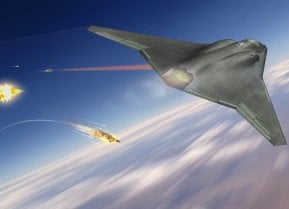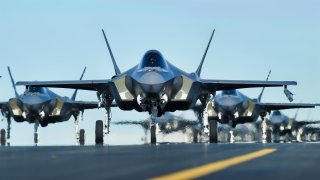Selling the F-35 to Taiwan Would Be a Major Mistake
Selling the F-35 to Taiwan would heighten tensions with China, potentially provoking aggression without significantly boosting Taiwan’s defense. The U.S. defense industrial base is already strained, complicating F-35 production for Taiwan.
What You Need to Know: Selling the F-35 to Taiwan would heighten tensions with China, potentially provoking aggression without significantly boosting Taiwan’s defense. The U.S. defense industrial base is already strained, complicating F-35 production for Taiwan.
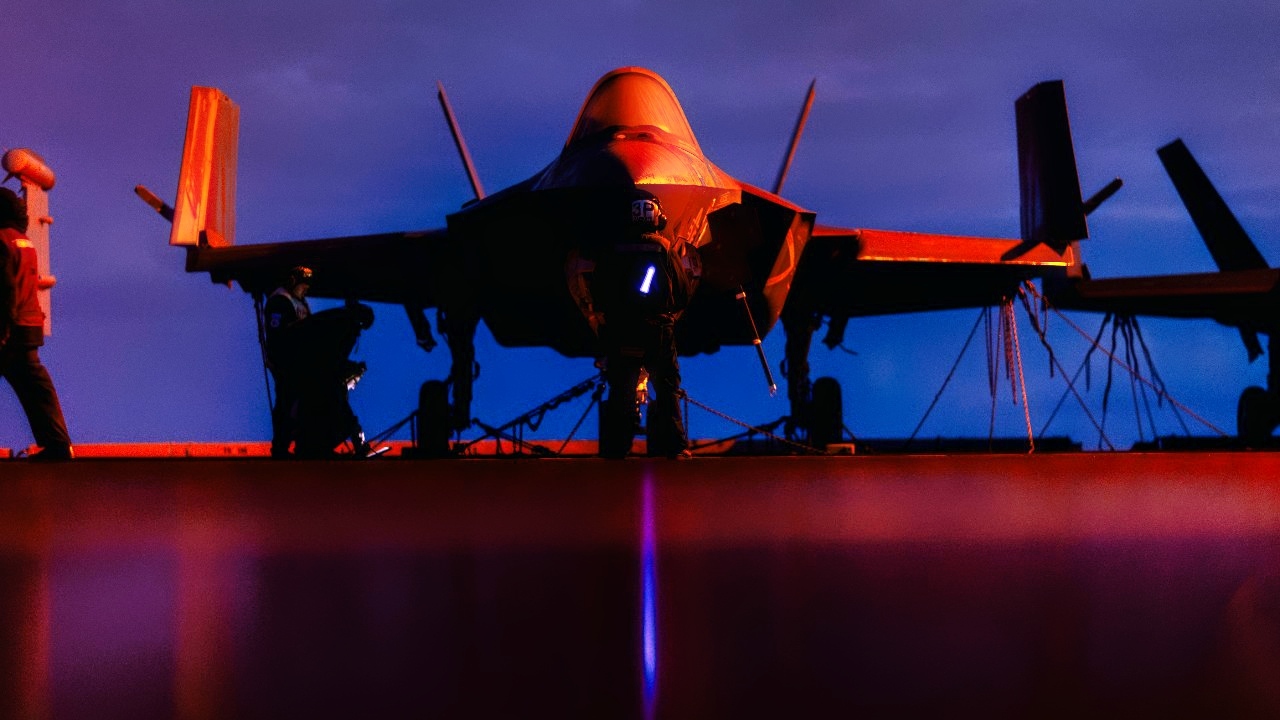
-Given China's growing fifth-generation capabilities, the F-35 might not shift the balance in Taiwan’s favor. Alternatively, supplying Taiwan with F-15EX Eagle II jets—effective yet less escalatory—could support defense without inciting severe Chinese retaliation.
-Additionally, Taiwan should adopt an asymmetric, guerrilla warfare approach, preparing civilians and leveraging small arms to resist Chinese forces, as large-scale conventional platforms may be insufficient in the face of China’s strategic advantage.
A Very Bad Idea: Selling the F-35 to Taiwan
There’s great concern among America’s partners that the United States is getting ready to fundamentally redefine its role in the globe by basically abandoning its allies. This fear is especially felt in Taipei, the capital of Taiwan, which is about 100 miles away from the hulking, revanchist, increasingly lethal Chinese military whose government has made its intention to annex Taiwan this century all too clear.
To allay those fears among the Taiwanese leadership, some have proposed selling America’s primary fifth-generation warplane, the F-35 Lightning II, which is already available to multiple American partners for export, to Taiwan.
While this move would make everyone feel good about themselves, it would do little more than antagonize the Chinese into taking the kind of aggressive actions most Taiwanese—and Americans, for that matter—want China to avoid from taking.
Further, there simply would not be enough F-35s available to stave off the invading (or blockading) Chinese forces that would inevitably come for Taiwan, whenever President Xi Jinping decides to launch an attack (which might be sooner than we realize).
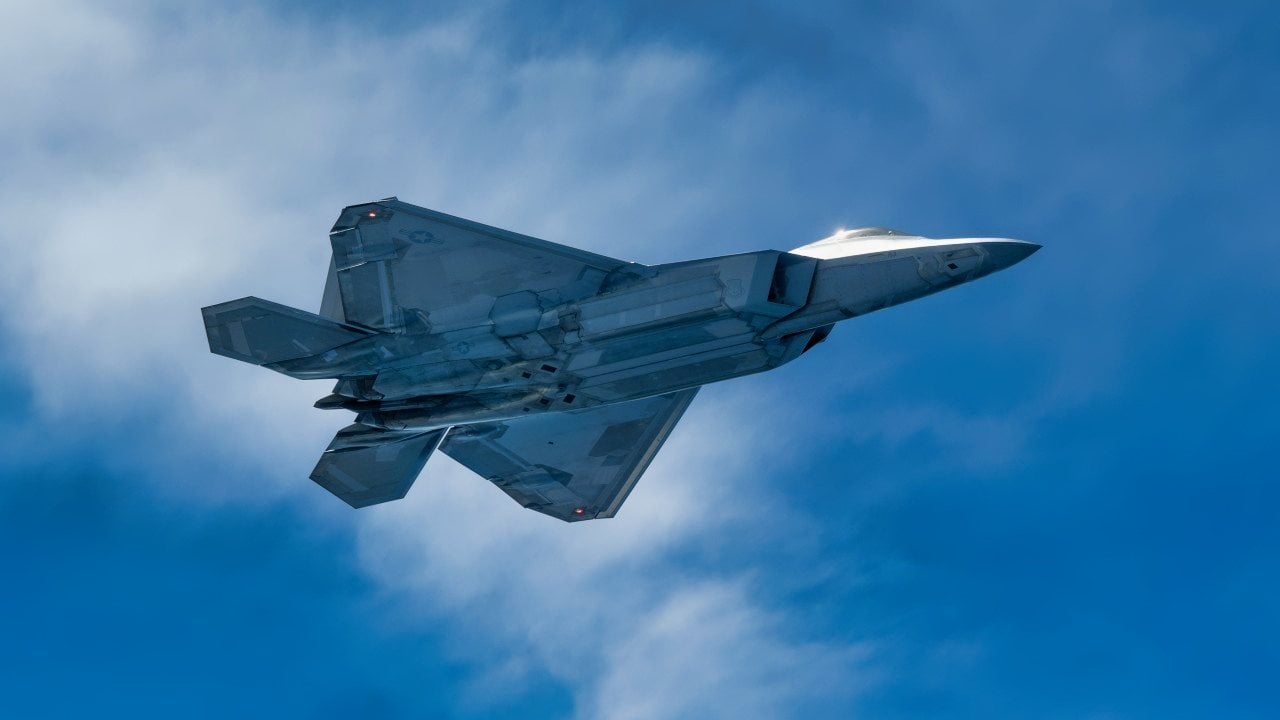
You Can’t Rely on America’s Broken Industrial Base
America’s defense industrial base is already stretched to its breaking point, what with the ongoing Ukraine Warand the crisis in the Middle East. Getting sufficient numbers of F-35s out of the production lines and into the air over the last 20 years has been difficult enough. Adding larger demands onto that failing industrial base is not the solution.
Indeed, the arguments that pro-Ukraine advocates have made for their stance has been that making our defense industrial produce more for the Ukrainians would necessarily revitalize it. This has yet to be proven true (because the problems with America’s industrial base are systemic at this point).
Certainly, the F-35 would be the most advanced warplane in Taiwan’s arsenal. But would it help Taiwan in a scenario where they had to defend their island from either a Chinese invasion and/or blockade? The last time I checked, China has its own advantages when faced off against advanced US fifth-generation warplanes, such as the F-35.
What’s more, China has developed their own variants of fifth-generation warplanes, such as the Chengdu J-20 “Mighty Dragon,” which this author believes might be more advanced than the F-35.
Sell Taiwan the F-15EX Eagle II Instead
If the defense establishment really wanted to sell effective systems to the Taiwanese they should try to make Taiwan the primary export market for the F-15EX Eagle II, which is a modified variant of the legendary fourth-generation warplane (the F-15). Indeed, as I’ve reported previously in these pages, the F-15EX Eagle II is basically a flying a missile truck and can be used to punch serious holes in any Chinese invasion or blockade of the embattled democracy.
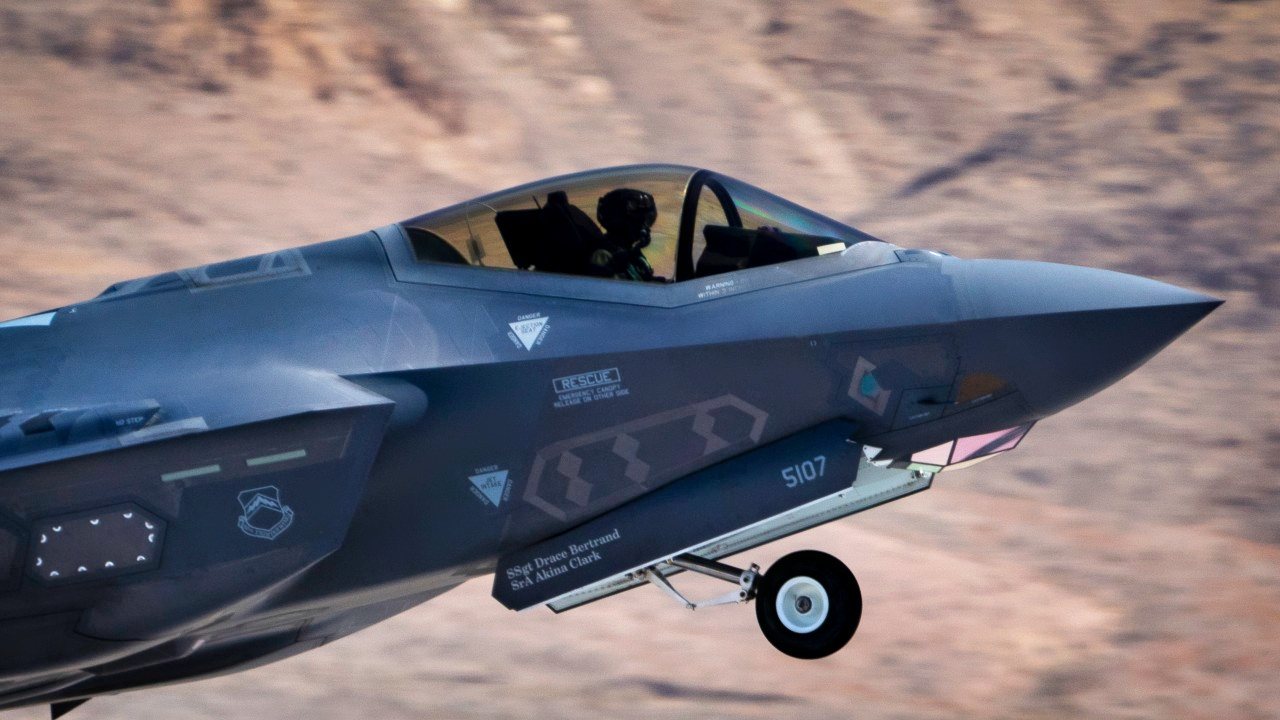
Of course, any arms sales to Taiwan would evoke some negative response from China. But not the kind of retaliatory response that handing over even a single F-35 would generate. At least on paper, the F-35 fundamentally alters the balance of power (and again, Taiwan will never have enough of these systems to be truly decisive and the Chinese would likely move quickly to prevent Taiwan from getting a surplus of those F-35s).
This is a destabilizing action that Beijing would view as a direct threat to their own national security. What’s more, China’s leaders would naturally assume that if the Americans were willing to hand over such sophisticated platforms to the Taiwanese then what would stop them from giving other advanced weapons—or even nuclear arms?
These cogitations in the minds of China’s national security policy leaders would inevitably lead to hostile action between China and Taiwan. An action that would result in the destruction of the fledgling Taiwanese democracy and either the brutal invasion or painful blockade of the island. Taiwan, on the other hand, already has F-15s in their arsenal. Under the rubric of updating that existing fleet, the Americans could give Taiwan the F-15EX Eagle II.
Sure, it’s more advanced than the older F-15 models Taiwan has. Yet, these systems are nowhere near as advanced—and destabilizing—as the F-35’s presence would be.
Stop Making Allies Clone the US Military
This leads us to a final problem. That is the obsession with US defense policy experts into forcing our smaller allies into basically turning their armed forces into miniaturized versions of the US military. No amount of F-15s or F-35s will save the Taiwanese from the kind of attack that China is planning to execute against them soon.
The only thing that will stymie a Chinese invasion would be to model Taiwan’s military on an insurgency, such as the Mujahideen in Afghanistan during the Soviet-Afghan War or the Viet Cong insurgency during America’s War in Vietnam.
Guerilla tactics, along with a truly militarized population of more than 20 million Taiwanese—each armed with American-provided small arms—and a plan for bleeding any Chinese invasion force dry over the course of many decades, these are the only plans that will defeat China’s dastardly plans for Taiwan without triggering a wider regional war.
About the Author:
Brandon J. Weichert, a National Interest national security analyst, is a former Congressional staffer and geopolitical analyst who is a contributor at The Washington Times, the Asia Times, and The-Pipeline. He is the author of Winning Space: How America Remains a Superpower, Biohacked: China’s Race to Control Life, and The Shadow War: Iran’s Quest for Supremacy. His next book, A Disaster of Our Own Making: How the West Lost Ukraine, is available for purchase wherever books are sold. Weichert can be followed via Twitter @WeTheBrandon.
Image Credit: Creative Commons.
